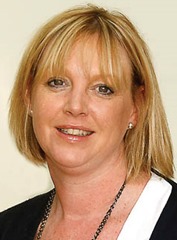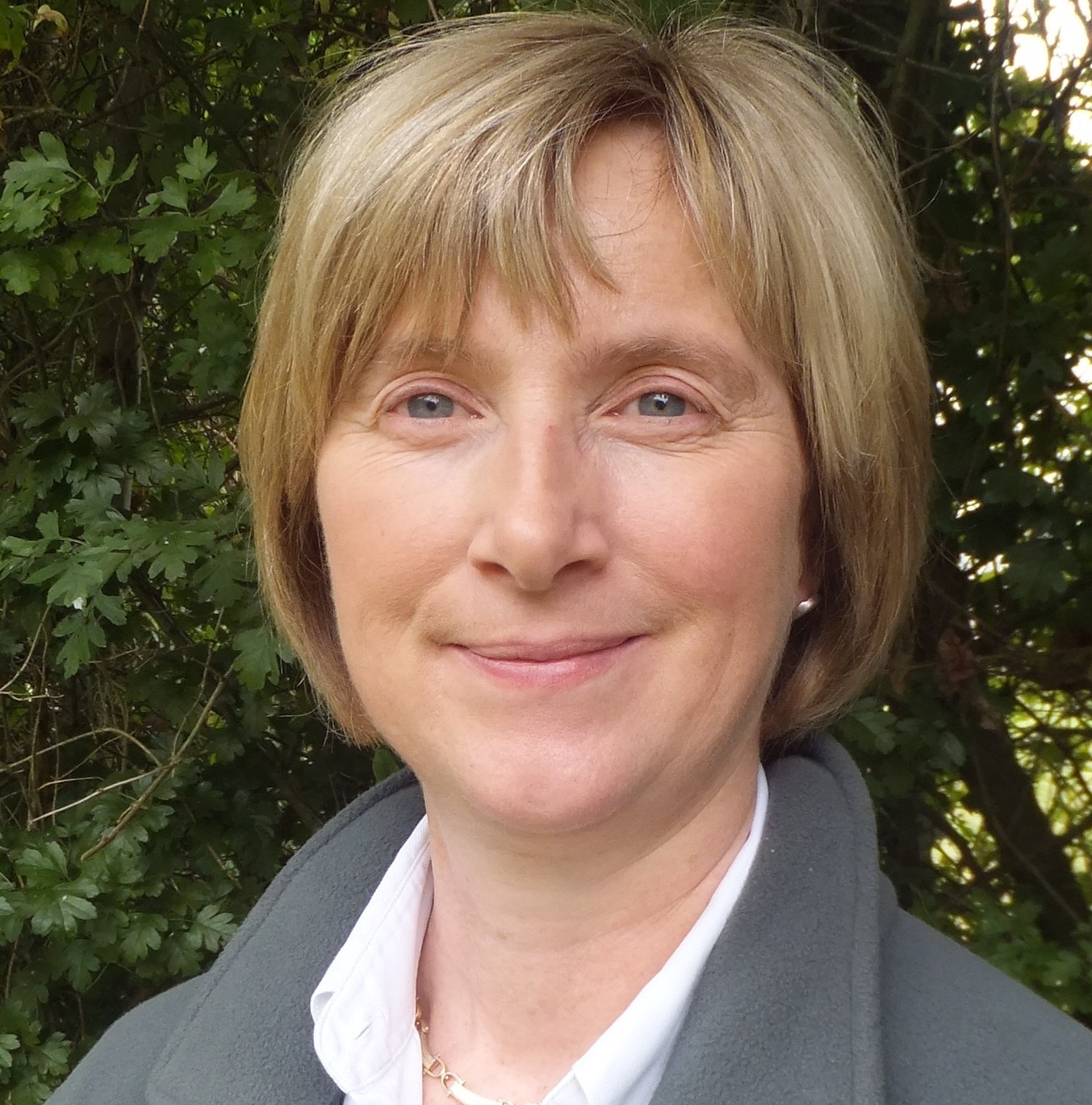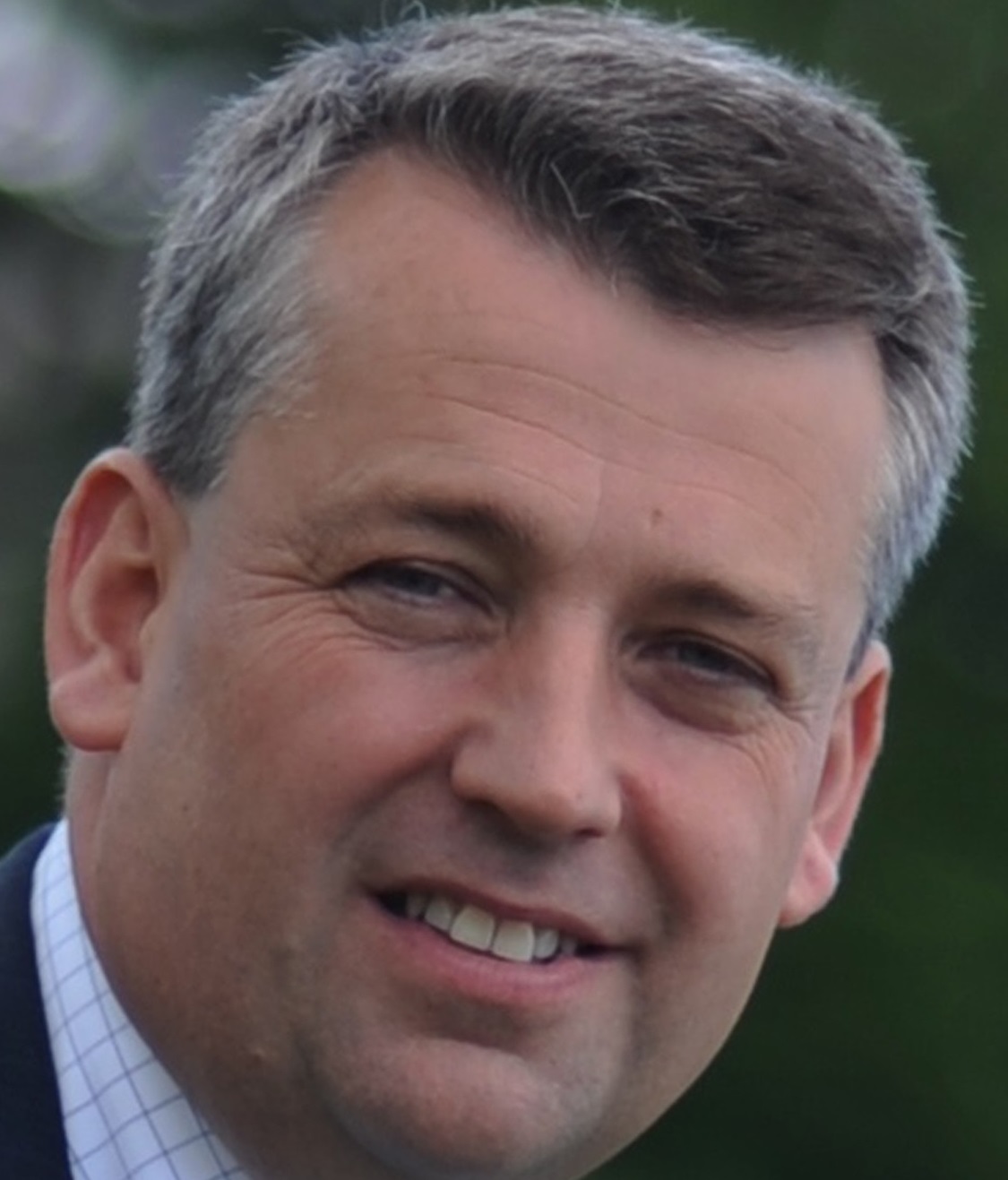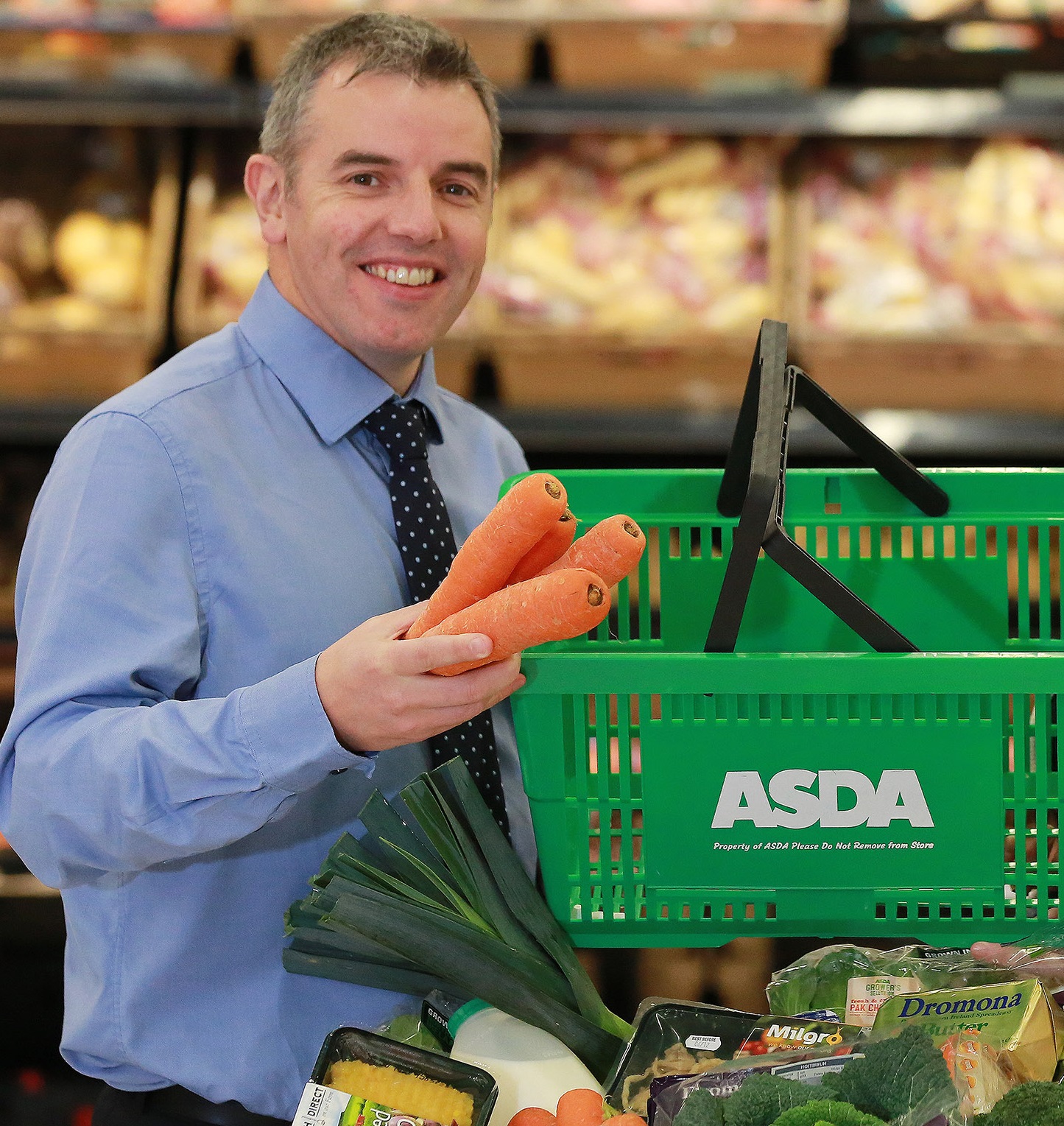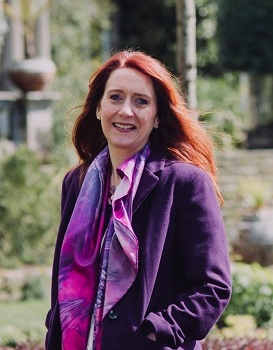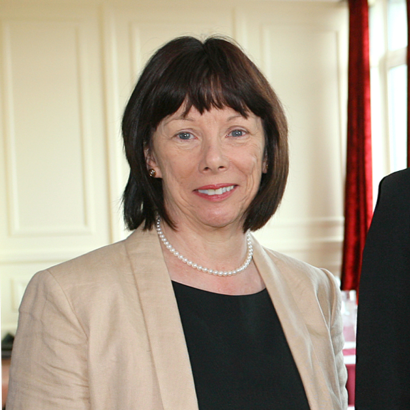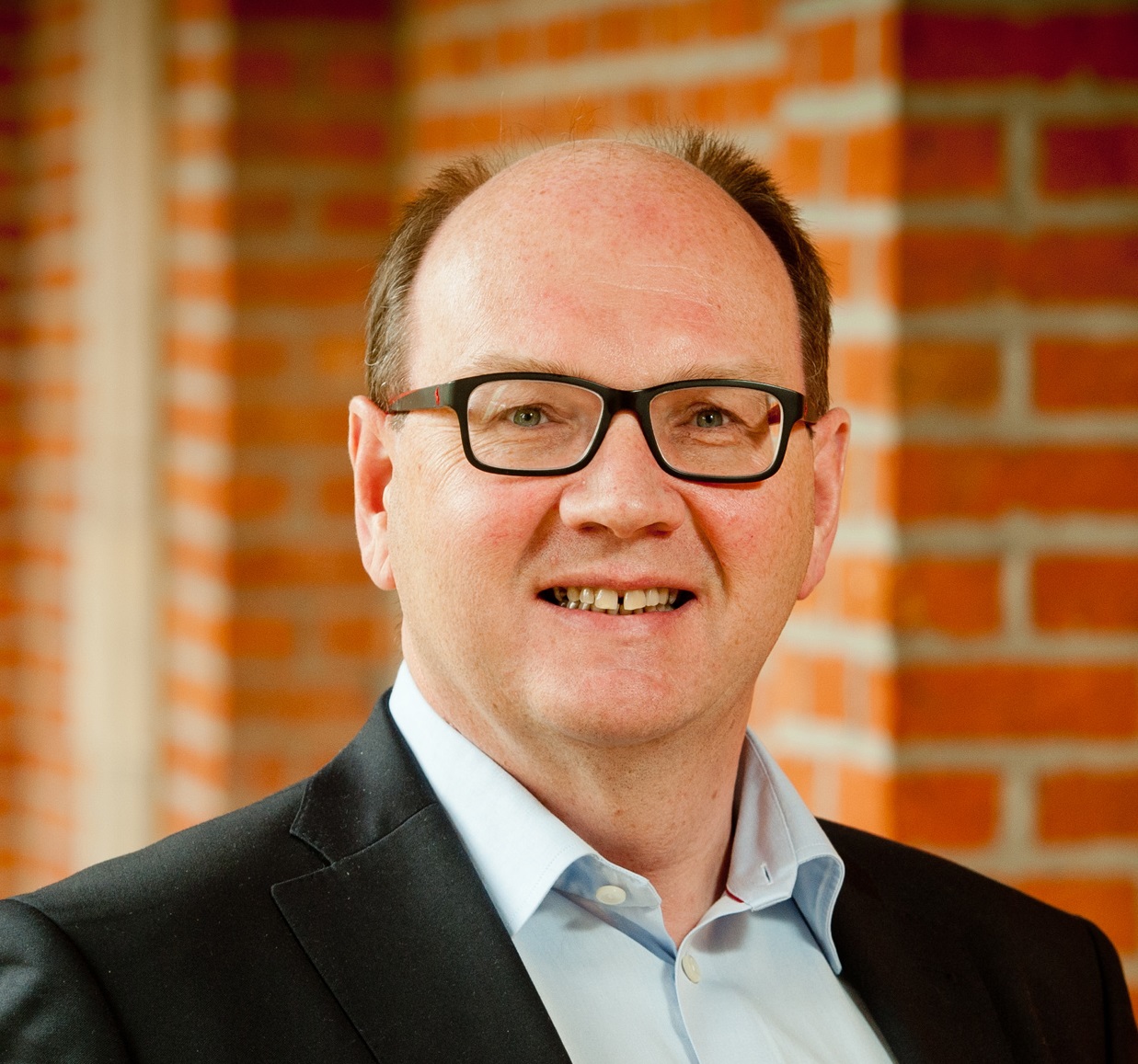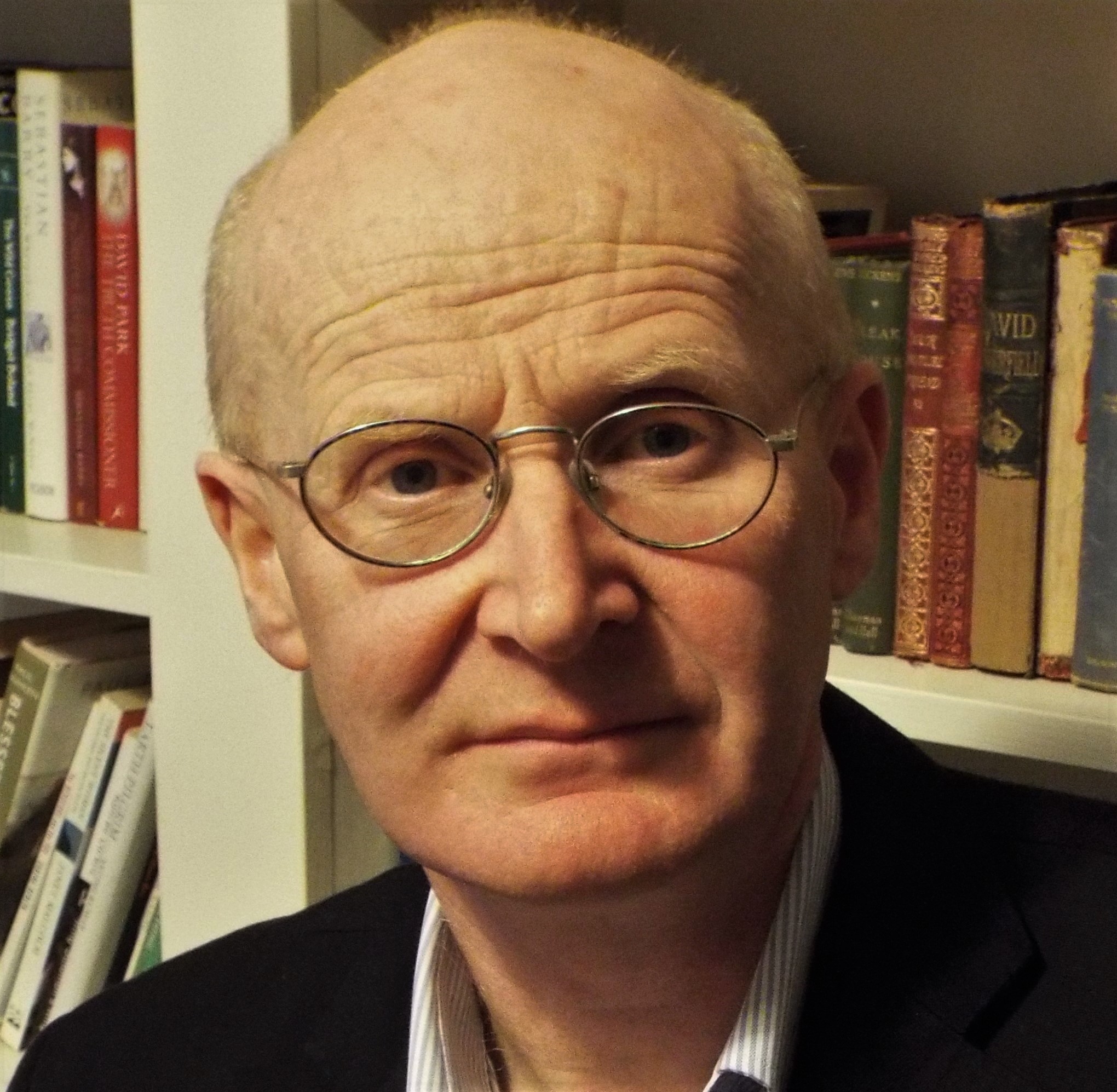Northern Ireland inquiry report
The Northern Ireland report, Lay of the Land, was published in September 2019.
Citizens were put at the heart of the inquiry from the outset in Northern Ireland. Views from a wide variety of backgrounds were heard: farmers, shoppers, urban and rural community groups, environmentalists, growers, chefs, traders, young and old. What is emerging is a graphic picture of what is wrong with the system, but also the positive steps forward to repair, reconnect and create a better future. Given our current political stalemate and the very significant impacts of Brexit on the border and our relations with the Republic of Ireland, we are determined to ensure that Northern Ireland voices are amplified in this debate.
The context for the Commission’s work in Northern Ireland differs somewhat from the rest of the UK. Ours is a region of small farms with 95 percent of the land in grass and rough grazing for beef, sheep and dairy. Pro-rata, agriculture employs twice as many people as in Great Britain and our food processing industry employs as many people again. The challenge for Northern Ireland is to affect a transition to a safe, secure, inclusive food and farming system, a flourishing rural economy and a sustainable and accessible countryside.
These changes are explored in the Northern Ireland inquiry’s final report (to be published in September 2019). It is clear to us, however, that a benign and just transition will only be achieved in Northern Ireland through fundamentally reconsidering the purpose of the complex system that governs so much of our health, our environment, our economy and our whole way of life.
In our inquiry the theme of connection is one that emerged early on then re-emerged with citizens as disconnection and reconnection. In many ways this was the central insight of the whole project: the relationships between how we farm, how we produce food, how we eat food, how we care for our health, how we care for the environment, and how we sustain rural communities form a complex system.
Since the collapse of Stormont in January 2017, political direction has been absent from government and there are limits to what civil servants can and should do. We believe it is up to civil society organisations to offer the leadership needed to tackle this great challenge. Our final report will offer signposts to how we transition to a healthier, sustainable food system in Northern Ireland together.
The Northern Ireland report, Lay of the Land, was published in September 2019.

Our Leadership Group comprises 13 people who combine expertise and experience with a commitment to listening, deliberating and proposing solutions.
They are:
